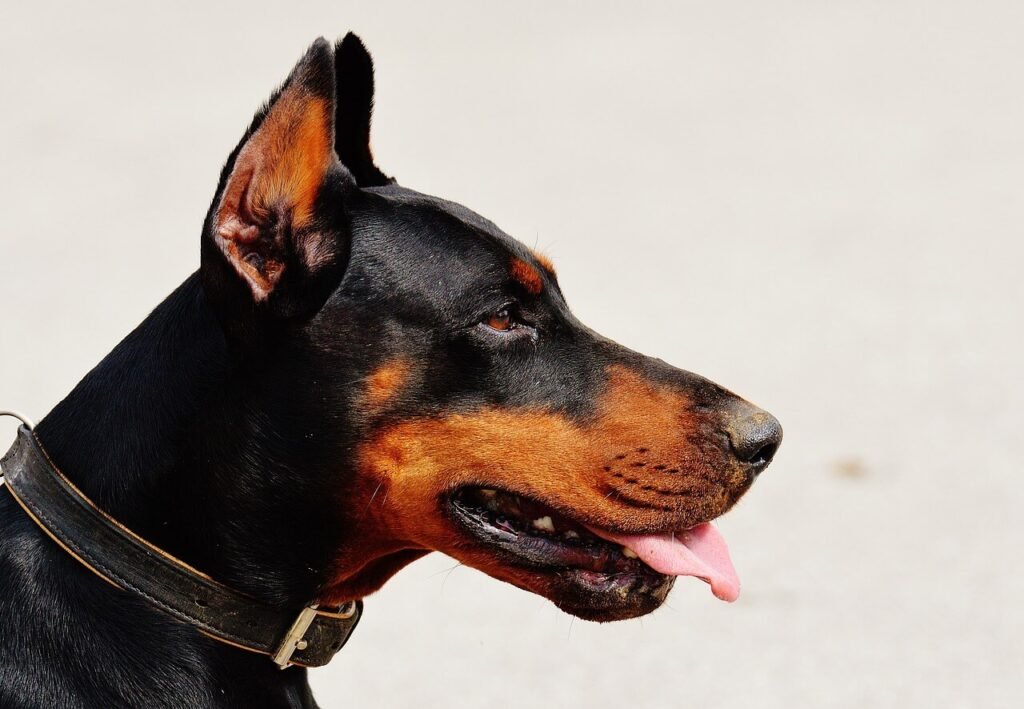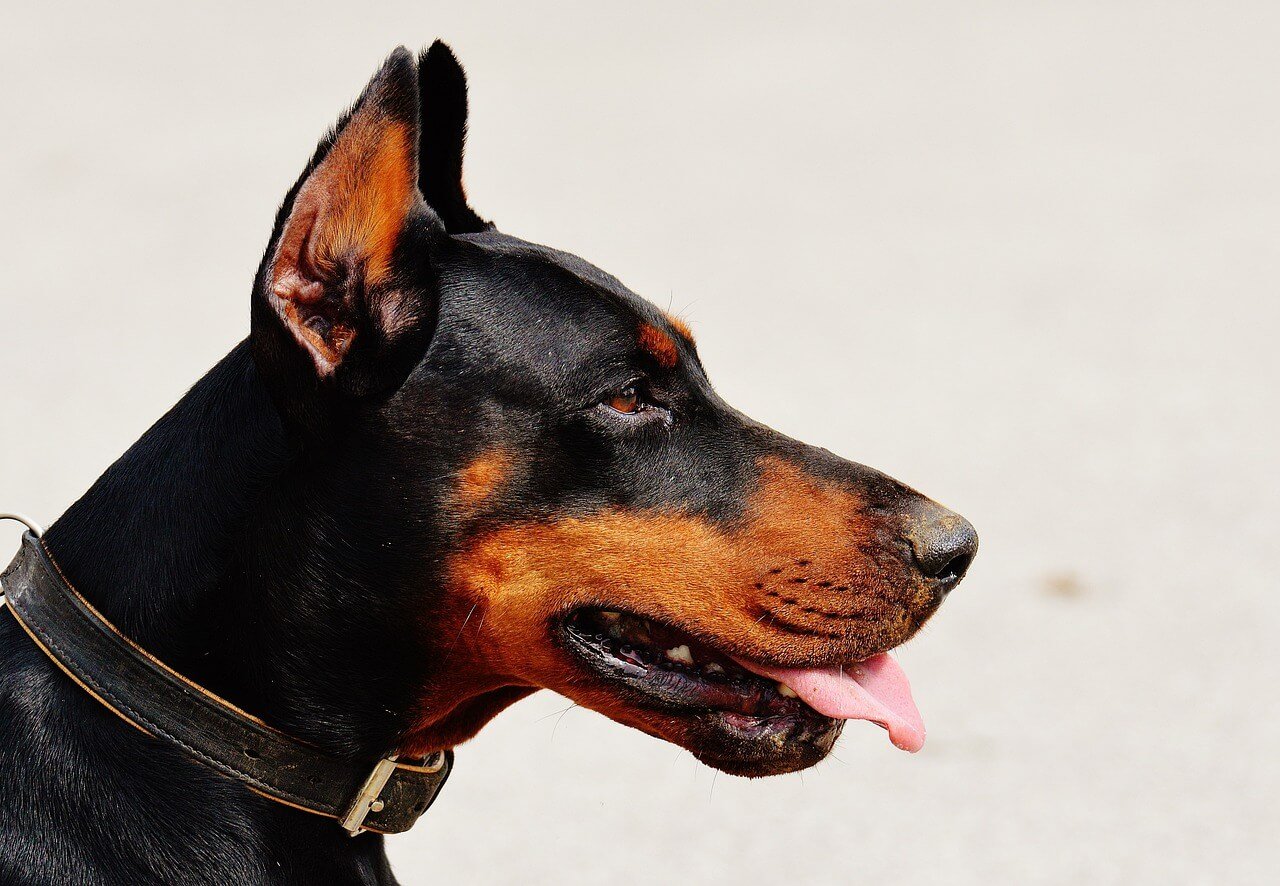Why Does My Dog Sound Congested? Understanding the Causes and Solutions
As a dog owner, you know how much joy your furry companion brings into your life. But when your dog starts sounding congested, it can be both concerning and confusing. Is it just a temporary issue, or could it indicate something more serious? A congested-sounding dog might wheeze, snort, cough, or breathe noisily, leaving you wondering what’s going on. In this blog post, we’ll explore the possible reasons behind this unsettling symptom, discuss how to identify potential problems, and provide practical tips to help your pup feel better. Whether it’s allergies, respiratory infections, or structural issues, understanding why your dog sounds congested is the first step toward ensuring their comfort and well-being.
Common Causes of Congestion in Dogs
When your dog sounds congested, it’s natural to wonder what might be causing it. Here are some common culprits behind this symptom:
Allergies : Just like humans, dogs can suffer from environmental or food allergies. Pollen, dust mites, mold, or certain ingredients in their food may trigger nasal congestion or throat irritation.
Respiratory Infections : Viral or bacterial infections can lead to inflammation in the respiratory tract, causing symptoms like sneezing, coughing, and nasal discharge.
Foreign Objects : Sometimes, small objects like grass seeds or dirt can get lodged in your dog’s nasal passages, leading to noisy breathing and discomfort.
Brachycephalic Syndrome : Flat-faced breeds such as pugs, bulldogs, and Shih Tzus often have narrow airways, which can make them sound congested even when they’re perfectly healthy.
Heart Disease : In some cases, heart conditions can cause fluid buildup in the lungs, resulting in labored or congested-sounding breathing.
Understanding these potential causes can help you determine whether your dog’s congestion is harmless or requires veterinary attention. Always observe your pet closely for any additional signs of distress.
Symptoms to Watch For: When Congestion Might Be Serious
While occasional congestion is usually harmless, certain symptoms warrant immediate action. Here’s what to look out for:
Persistent Coughing : If your dog coughs frequently or seems unable to clear their throat, it could signal an underlying issue like kennel cough or pneumonia.
Nasal Discharge : Clear discharge is typically mild, but yellow, green, or bloody mucus may indicate infection or injury.
Lethargy : A lack of energy combined with congestion could point to systemic illness, dehydration, or pain.
Loss of Appetite : Difficulty breathing through the nose can make eating uncomfortable, so monitor your dog’s eating habits closely.
Blue Gums or Tongue : This is a sign of oxygen deprivation and requires emergency care.
If you notice any of these red flags, contact your veterinarian promptly. Early intervention can prevent minor issues from escalating into major health concerns.
Check this guide 👉Why Does My Dog Want to Sleep With Me? Best 7 Behavior Tips
Check this guide 👉Why Does My Dog Eat Sticks? Best 7 Behavior Tips!
Check this guide 👉Why Is My Dog Breathing Fast? Best 7 Behavior Tips!

Signs Your Dog Needs Veterinary Care | Steps You Can Take at Home |
|---|---|
Persistent coughing | Keep your home free of allergens |
Nasal discharge (yellow/green/bloody) | Use a humidifier to ease breathing |
Lethargy or weakness | Ensure fresh water is always available |
Loss of appetite | Monitor your dog’s behavior daily |
Blue gums or tongue | Avoid exposure to smoke or strong odors |
How to Help Your Dog Breathe Easier at Home
Before rushing to the vet, there are several steps you can take to alleviate your dog’s congestion. These simple measures may provide relief while you assess the situation further:
Use a Humidifier : Adding moisture to the air can soothe irritated nasal passages and reduce congestion.
Clean Their Living Space : Regularly vacuum and dust your home to minimize allergens that might worsen symptoms.
Encourage Hydration : Make sure your dog has access to plenty of fresh water, as staying hydrated helps thin mucus.
Limit Physical Activity : Rest allows your dog’s body to focus on healing rather than expending energy.
Gentle Steam Therapy : Bring your dog into the bathroom while running hot water in the shower to create steam, which can open up their airways.
These home remedies can offer temporary relief, but remember, they aren’t substitutes for professional medical advice if the problem persists.
Preventing Future Episodes of Congestion
Taking proactive steps can significantly reduce the likelihood of your dog experiencing congestion in the future. Consider implementing these preventive measures:
Regular Vet Check-Ups : Routine visits allow your vet to catch potential issues early before they escalate.
Maintain a Healthy Diet : Feeding your dog high-quality food supports their immune system and overall health.
Keep Vaccinations Up-to-Date : Vaccines protect against illnesses that could lead to respiratory complications.
Avoid Known Allergens : Identify triggers and remove them from your dog’s environment whenever possible.
Exercise Moderation : Overexertion can strain your dog’s respiratory system, especially in brachycephalic breeds.
By incorporating these practices into your routine, you can help ensure your dog stays happy and healthy year-round.
Environmental Factors Contributing to Congestion
Environmental factors can play a significant role in why your dog might sound congested. These external influences can irritate their respiratory system and lead to noisy breathing. Here are some common environmental triggers:
Air Pollution : Smoke, exhaust fumes, or industrial pollutants can irritate your dog’s airways and cause congestion-like symptoms.
Household Cleaners : Strong chemicals in cleaning products may trigger allergic reactions or respiratory distress in sensitive dogs.
Temperature Extremes : Both cold and hot weather can strain your dog’s respiratory system, especially if they’re exposed for prolonged periods.
Dust and Mold : Poor indoor air quality due to dust accumulation or mold growth can exacerbate breathing issues in dogs.
Secondhand Smoke : Just like humans, dogs are negatively affected by cigarette smoke, which can lead to chronic respiratory problems.
If you suspect environmental factors are contributing to your dog’s congestion, take steps to minimize their exposure and improve air quality in your home.
Breeds Prone to Congested Breathing
Certain dog breeds are more likely to experience congested-sounding breathing due to their anatomy or genetic predispositions. If you own one of these breeds, it’s important to be aware of their unique needs:
Brachycephalic Breeds : Dogs like pugs, bulldogs, and Boston terriers have shortened snouts that make breathing naturally noisier.
Small Toy Breeds : Breeds such as Chihuahuas and Pomeranians often have narrow nasal passages, increasing the likelihood of congestion.
Spaniels : Cocker Spaniels and other spaniel breeds are prone to ear and nasal infections, which can affect their breathing.
Greyhounds : While sleek and athletic, greyhounds are sensitive to temperature changes, which can impact their respiratory health.
Boxers : This breed is susceptible to certain heart conditions that may cause fluid buildup and labored breathing.
Understanding your dog’s breed-specific risks can help you stay proactive about their respiratory health and address issues early.
When to Try Natural Remedies for Congestion
Natural remedies can sometimes provide relief for mild cases of congestion in dogs. However, it’s essential to use them cautiously and ensure they’re appropriate for your pet’s condition. Here are some safe options to consider:
Herbal Teas : Chamomile or peppermint tea (cooled) can soothe irritated throats when offered in small amounts.
Coconut Oil : Adding a teaspoon of coconut oil to your dog’s food may help reduce inflammation and support their immune system.
Aloe Vera Gel : A small amount of food-grade aloe vera can help with mild throat irritation, but avoid overuse.
Eucalyptus Oil Diffusion : Diffusing diluted eucalyptus oil in your home can help clear the airways, but never apply it directly to your dog.
Honey : A tiny dose of raw honey can act as a natural cough suppressant and throat soother for dogs (avoid in diabetic pets).
While natural remedies can offer temporary relief, always consult your veterinarian before trying new treatments, especially if your dog’s symptoms persist or worsen.
Frequently Asked Questions About Congested-Sounding Dogs
Why does my dog sound congested after exercise?
Exercise can sometimes irritate the airways, particularly in brachycephalic breeds. Ensure your dog isn’t overexerting themselves and consult a vet if the issue persists.
Can seasonal allergies cause my dog to sound congested?
Yes, pollen and other seasonal allergens can irritate your dog’s nasal passages, leading to congestion-like symptoms.
Should I worry if my dog snores loudly?
Snoring can be normal for some breeds, but if it’s accompanied by labored breathing or other symptoms, seek veterinary advice.
How do I know if my dog has something stuck in their nose?
Look for signs like frequent sneezing, pawing at the face, or one-sided nasal discharge. Visit the vet for safe removal.
Is congested breathing dangerous for older dogs?
It depends on the cause. Older dogs may have weaker immune systems, so any unusual symptoms should be evaluated by a vet.
Final Thoughts: Keeping Your Dog Comfortable and Congestion-Free
Hearing your dog sound congested can be alarming, but understanding the possible causes and knowing how to respond can make all the difference. From allergies and infections to structural issues and lifestyle factors, many things can contribute to noisy breathing in dogs. By staying vigilant, providing proper care, and seeking veterinary assistance when needed, you can ensure your furry friend remains comfortable and healthy. Remember, prevention and early intervention are key to managing congestion effectively. With love, patience, and the right approach, you’ll keep those woofs coming—clear and strong!
How Cats Develop Lymphoma: Best 7 Expert Tips! – Learn about causes, symptoms, and prevention to protect your cat from this common cancer.
How Dogs Develop Lymphoma: Best 7 Expert Tips! – Learn causes, symptoms, and prevention strategies to protect your dog from this common cancer.
Diphenhydramine Safe for Dogs? Best 7 Expert Tips! – Learn proper dosing, uses, and precautions to keep your dog safe while using Benadryl.
Is Milk in Cat Food Safe? Best 7 Expert Tips! – Discover the truth about milk in cat food, its risks, and how to keep your feline healthy and happy.





